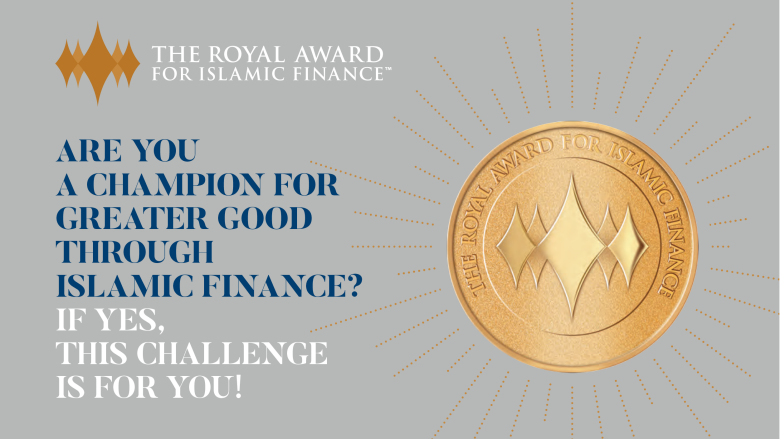The World Bank Group Inclusive Growth and Sustainable Finance Hub is proud to collaborate with Bank Negara Malaysia and Securities Commission of Malaysia to organize the inaugural Royal Award for Islamic Finance (RAIF) Impact Challenge Prize 2022.
Role of Islamic finance towards a greener, resilient and inclusive post-pandemic recovery
The global Islamic finance industry has grown rapidly during the last two decades with an estimated Islamic financial asset of over $2.4 trillion*. Islamic finance markets continue to gain traction in majority Muslim countries and countries with a minority Muslim population such as the U.K, Singapore and South Africa.
Islamic finance emphasizes the link with real productive assets and promotes the use of risk sharing arrangements and social capital. These inherent features offer the potential for unique solutions in addressing funding challenges for a more green, resilient, and inclusive development (GRID) post-pandemic recovery as promoted by the World Bank Group.
- The Islamic finance industry is well positioned to capitalize on the advancement in digital technology to create new products to attend the unbanked and unserved population. A 2020 World Bank study on “Leveraging Islamic Fintech to Improve Financial Inclusion” suggests that the young and digitally savvy Muslim population, presents opportunities to use digital technology to expand the reach of Sharia compliant financial products. Examples of existing fintech solutions are crowdfunding platforms for microentrepreneurs (e.g., Liwwa from Jordan and Narwi from Qatar), property crowdfunding (e.g., Ethis Malaysia) and payment services such as PayHalal and Amal Pay.
- Islamic social finance that combines the concept of patient and philanthropic capital can be mobilized to fund social protection, poverty alleviation and socio-economic development programs. According to a joint United Nations and the Islamic Development Bank (IsDB) statement, traditional Islamic social finance instruments such as Zakat (obligatory almsgiving), Sadaqa (charitable giving) and Waqf (endowments and trusts), Qard Hassan (benevolent loans), have the most potential to promote social trust, cooperation, and solidarity to fund the fight against poverty and hunger.
- Islamic finance also plays a critical role to mobilize Sharia compliant capital into investments in sustainable global value chain and climate mitigation and adaptation projects. The issuances of green sukuk globally have provided a source of capital for climate and environment-friendly investments.
Scaling-up Innovative Islamic Finance Solutions Globally
The RAIF Impact Challenge Prize 2022 hopes to bring greater recognition to innovative Islamic finance solutions, which can improve the economic and social resilience of financially impacted communities globally in line with the Sustainable Development Goals (SDGs). The Accelerator-type Challenge is expected to provide an opportunity for the winning solution to scale-up its deployment beyond the originating country.
The Malaysia Hub’s collaboration is the World Bank Group’s first Accelerator-type Challenge that focuses on Islamic finance. The Malaysia Hub is co-organizing the Challenge with the support from the virtual accelerator program vendor, 1337 Ventures.
Bookmark this blog for more updates on the RAIF Impact Challenge Prize 2022 as it progresses.
Challenge applications are now open. Further information on challenge applications can be found online here.
The closing date for application submission is March 25, 2022, 11.59pm Malaysian time (GMT+8).
*Islamic Financial Services Board (IFSB), Islamic Financial Services Stability Report, 2020
